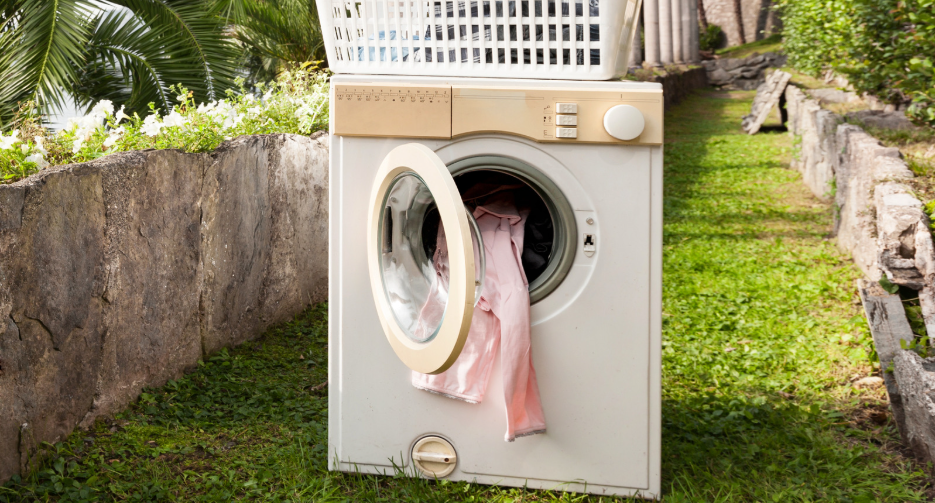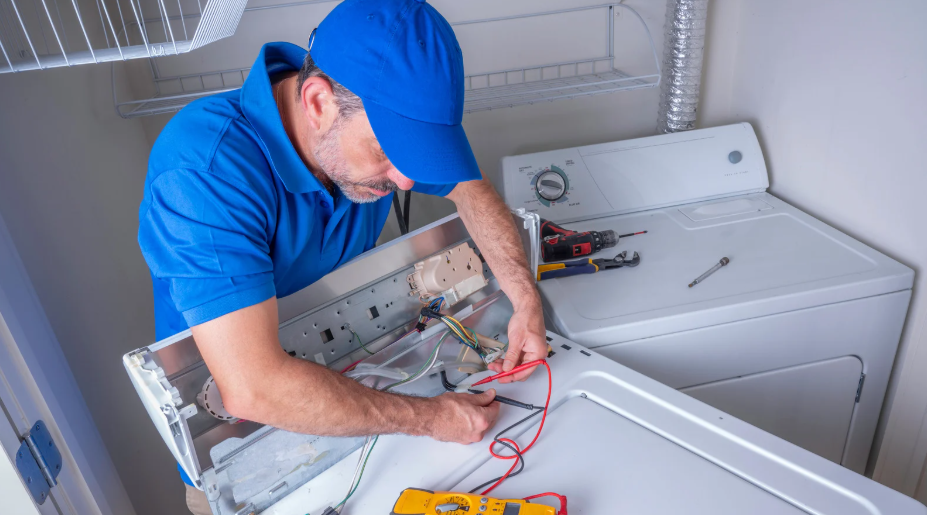
Washing machines are one of the most used appliances in any home. But like all machines, they don’t last forever. If your washer is more than seven years old and you’re frequently calling a repair technician, it might be time to roll up your sleeves and decide: fix or nix?
A cost perspective is crucial. Repairs might seem cheaper at first, but frequent repairs can quickly become expensive and frustrating. If you find yourself confronted with multiple repairs in the past year, consider whether it’s worth investing in a new one. There’s no point in continually paying for an old washer that loses efficiency over time.
Is Your Washer Costing More Than It’s Worth?
One key decision factor is the repair cost compared to the purchase price of a new one. A good guideline is the 50% rule—if the cost of repairing the machine is more than half the price of buying a replacement, you should cut bait and go for an upgrade.
Also, think about the hidden costs of an older machine: higher energy bills, inconvenience, downtime, and the risk of recurrence of the same issue. A washer that is frequently breaking down is not just annoying but could also lead to potential water damage from leaks.
Are You Facing Frequent Breakdowns?
If your washing machine has developed a pattern of failure, it might be beyond saving. Signs include longer wash cycles, excessive noise, vibration, and increased water usage. If your clothes are not cleaned properly, your washer isn’t performing the way it used to.
If it’s been well looked after, regularly cleaned, and professionally serviced, it might still have some years of use left. However, if it’s been neglected, constantly out of action, or needing specialized replacement parts, an upgrade might be the best economical choice.

When Fixing is a Better Option
Not every problem means you need a replacement. If the issues are relatively minor, such as a clogged hose, a broken door latch, or a worn-out belt, it may be cost-effective to repair. A washer that is still relatively new and in good condition might just need a quick fix.
However, more serious problems, like a faulty motor, a cracked tub, or significant electrical issues, often mean that repairing is no longer viable. In such cases, purchasing a new one is the smarter move.
How Age and Usage Affect Lifespan
A five-year-old washer used once or twice a week will likely last longer than one of the same age used every day. Older machines tend to be less energy-efficient, using more water and electricity than newer models. Upgrading to a modern appliance can help you reduce your household’s carbon footprint and lower utility bills over time.
DIY Troubleshooting Before You Decide
Before making any decision, try a few simple fixes. If the machine is not turning on, check if it’s plugged in, if the breaker flipped, or if there’s an issue with the power source. Uneven loads can cause shaking and vibration, but redistributing clothes can restore functionality. Clogged washer filters or kinked inlet hoses can cause water flow problems and are easy for DIYers to clean or unkink.
If you’re still unsure, call a technician to assess the machine. They can provide an accurate quote and help you determine whether fixing or replacing is the best option.
Final Thought: A Smart Replacement Strategy
If your washer is nearing ten years, breaking down often, and costing more in repairs than it’s worth, it’s time to start browsing for a replacement. Appliance dealers often provide interactive tools to compare models based on specs, capacity, and price range. Keep receipts, check warranties, and review surveys to make an informed decision.
Sometimes, a memorable event like moving house or a new baby can be the perfect impetus for an upgrade. Instead of waiting for a panicked moment when your washer quits, plan ahead and invest in a model that meets your needs for the long run.






